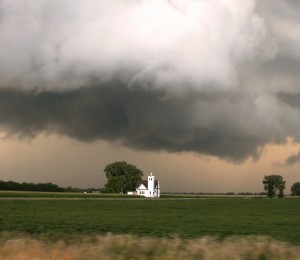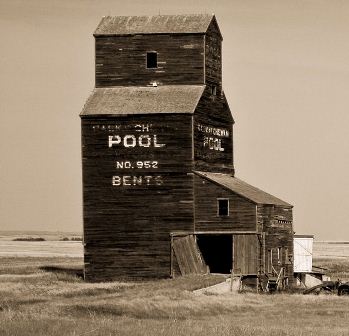 When Wide Open came out, I posted some scenes that didn’t make it into the final book. Since Deep Down will be out in less than two weeks (March 5th to be exact. Mark you calendars!), and since I also have scenes from Deep Down that didn’t make it into the final book, I thought I’d do it again. Below is Deleted Scene #1:
When Wide Open came out, I posted some scenes that didn’t make it into the final book. Since Deep Down will be out in less than two weeks (March 5th to be exact. Mark you calendars!), and since I also have scenes from Deep Down that didn’t make it into the final book, I thought I’d do it again. Below is Deleted Scene #1:
“Need a hand?” Hallie asked, because she felt useless, which was mostly how she felt all the time now. In the army she’d been–not important, but useful. She’d been good at the army, not so much the rules, or taking orders, but she’d been a good soldier, good at taking care of whatever she’d been put in charge of or asked to do. If there were a way to get through a thing, Hallie could get through it.
But now, back home and out of the army for good, there was no ‘through,’ no goal, no journey even. Just…here.
Tom handed her a pair of work gloves and she spent the next hour helping him separate the two vehicles and tow them to the side of the road. Deputy Teedt sat in his car writing up reports or calling old girlfriends, Hallie had no idea which. Once Tom had the grain truck hooked up and was getting ready to drive off, Hallie hopped up on the runner and handed him his work gloves back.
“You got any facility for numbers?” Tom said.
“What?”
“I’m looking for a part-time bookkeeper, you interested?”
Hallie stepped down. “I’m not a charity case,” she said.
Tom didn’t react, just looked at her like the world and time spun out so slow that all conversations were possible. “I heard you were good with numbers, that’s all.”
“I’m not an accountant.” Hallie wasn’t good with numbers, what she was, was good with space and patterns and knowing things by looking that other people would need to measure and tote up with a pencil and paper. She could tell how much wire was needed to mend a fence line, what the enclosed acreage was, how many cattle could be grazed for how long. She could calculate gas mileage in her head, the fuel mix for an old tractor, the number of cattle that could be fed on a stack of big round hay bales, and the distance to target and likelihood of hitting said target with whatever gun was at hand.
“Don’t leave,” Tom said.
 Hallie took another step back. “I might have to,” she said, her voice sharp because it wasn’t his business. It was no one’s business but her own, maybe her father’s and a little bit Boyd’s, which she didn’t like to admit–that she might care if he cared.
Hallie took another step back. “I might have to,” she said, her voice sharp because it wasn’t his business. It was no one’s business but her own, maybe her father’s and a little bit Boyd’s, which she didn’t like to admit–that she might care if he cared.
Tom grinned at her. “We’ll figure something out,” he said, put the tow truck in gear and pulled away.
Jesus, Hallie thought, watching him go. This was why she didn’t want to stay–college or job or anything else not withstanding–because everyone was always in everyone’s business. All the time. In the army when you spent time in other people’s business it was because it was your business, too. It was about staying alive, about keeping other people alive. It was important.
And maybe that was Hallie’s problem, that she couldn’t figure out what was important–what mattered–about doing Tom’s books or sitting in a classroom in Rapid City or working at the Gas ‘Em Up from midnight ‘til seven.

 I got news last week that Wide Open is listed on the
I got news last week that Wide Open is listed on the 
